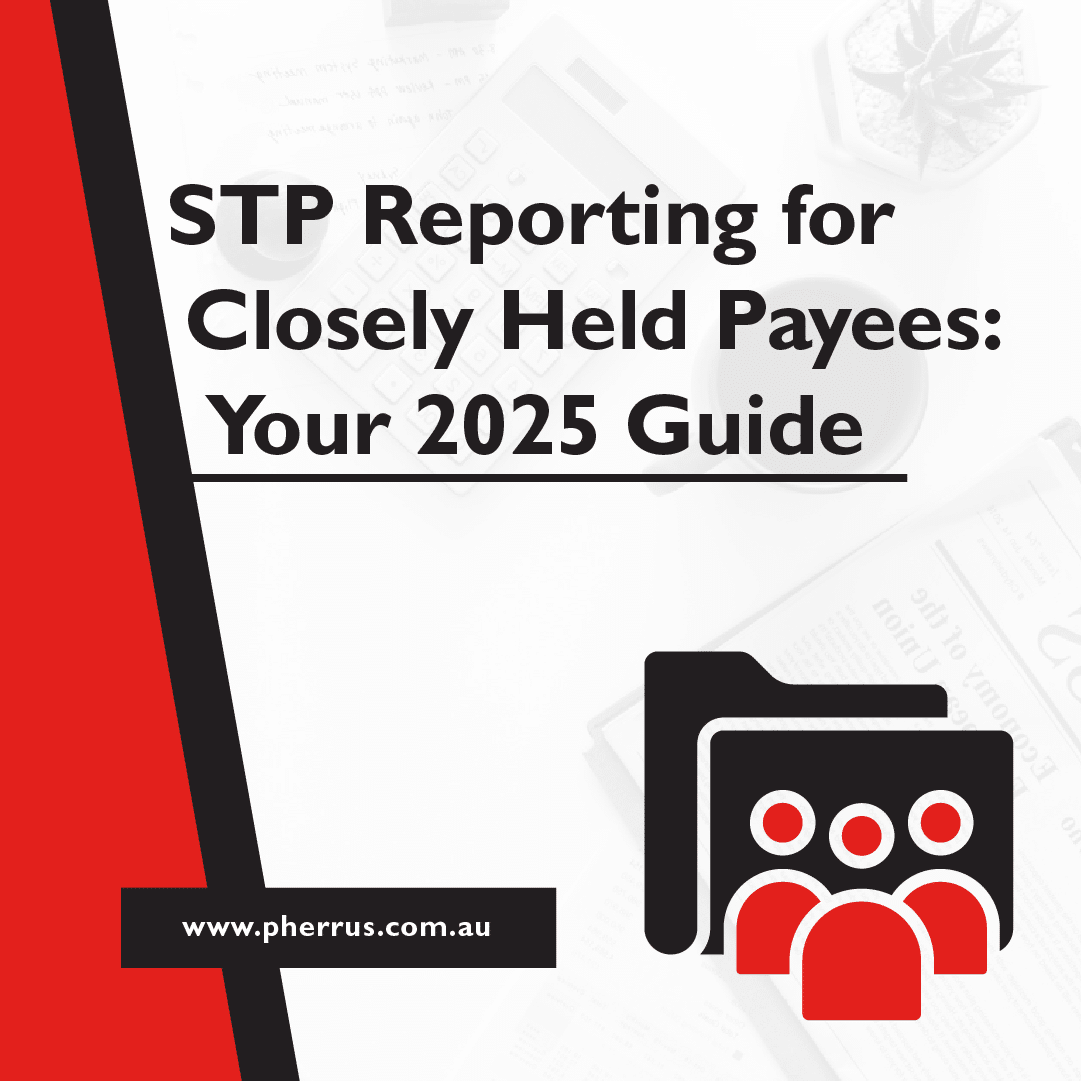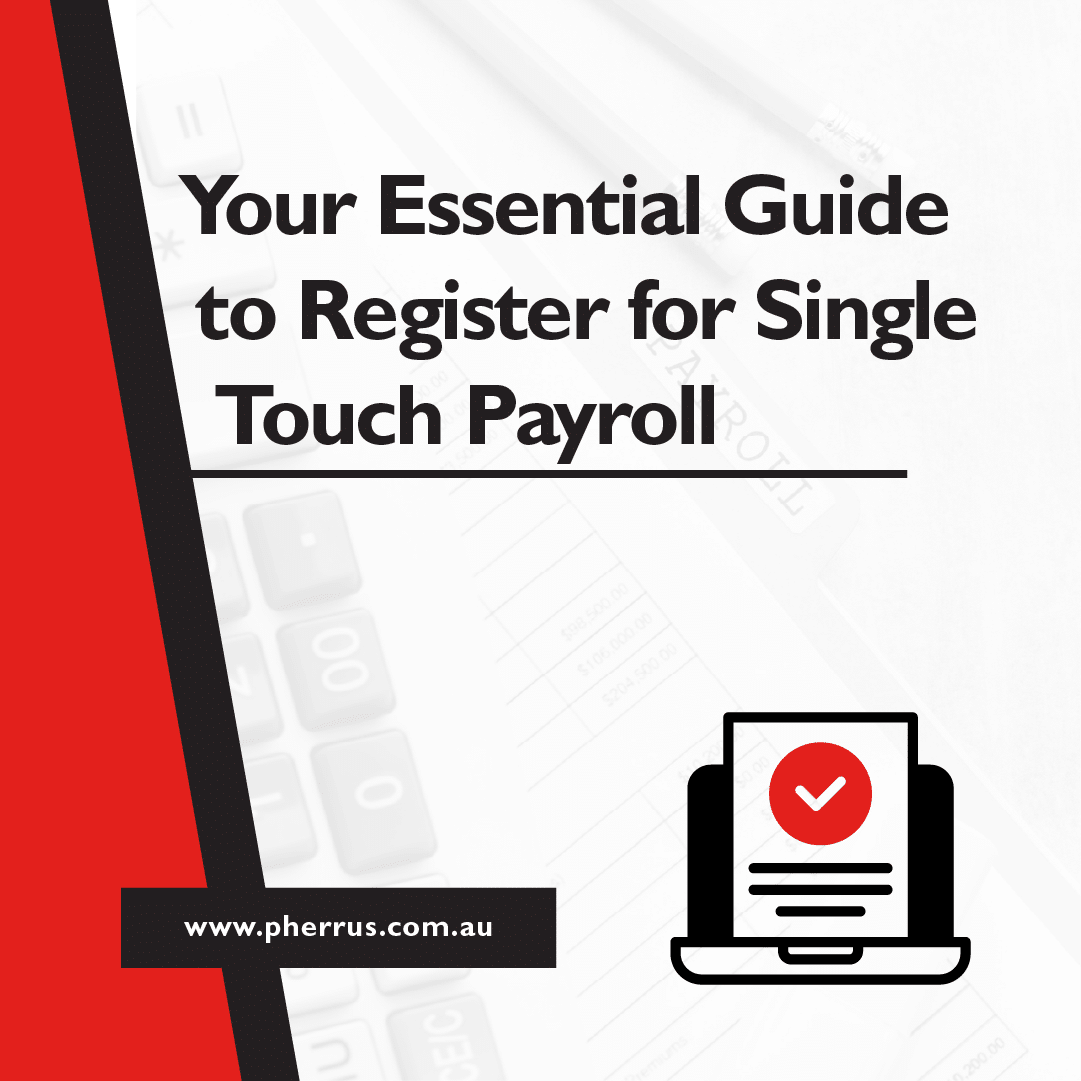STP Reporting for Closely Held Payees: Your 2025 Guide
If you run a family business, trust, or small company where wages often stay within the inner circle, you’re likely familiar with the phrase “STP exemption for closely held payees”. The ATO used to offer a full Single Touch Payroll exemption for these payees, but now you’re required to report their wages and payments through…















